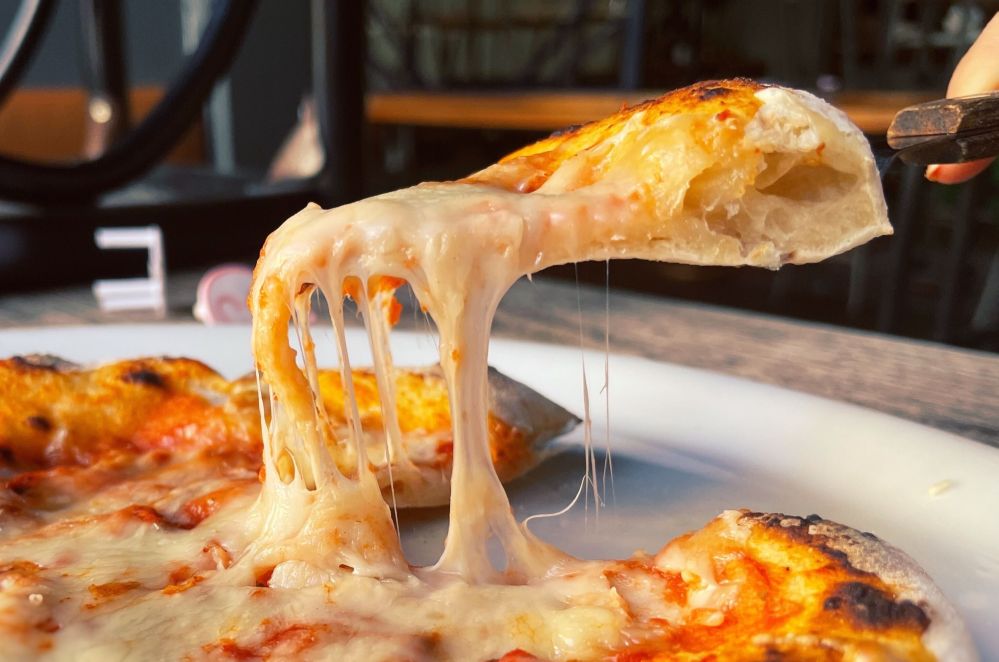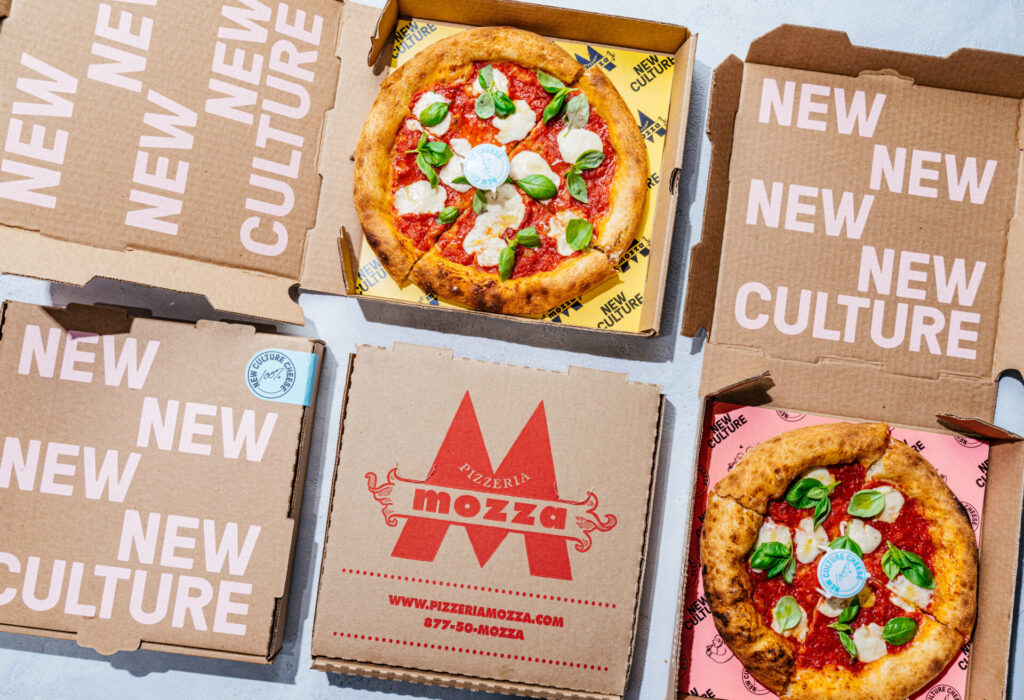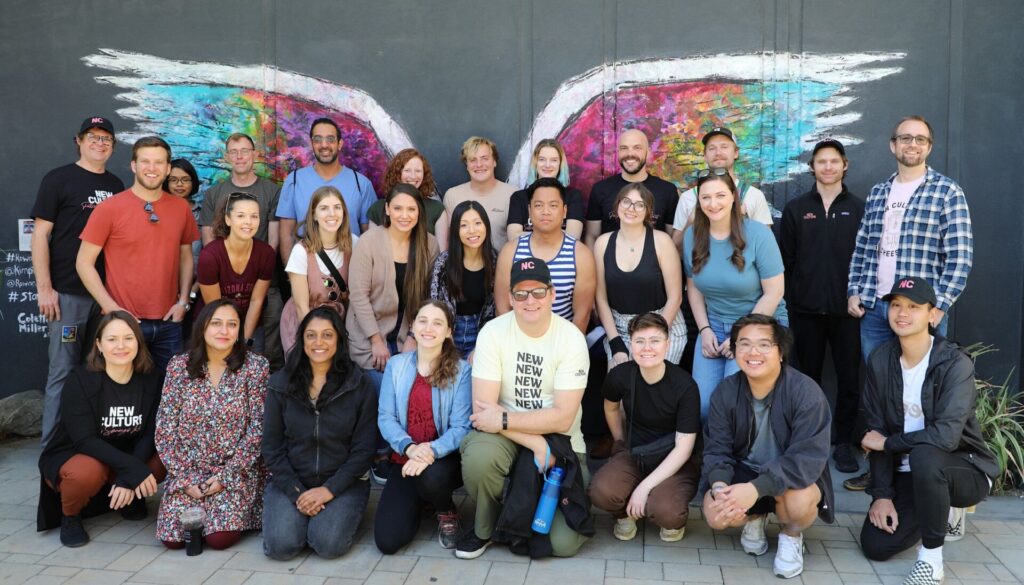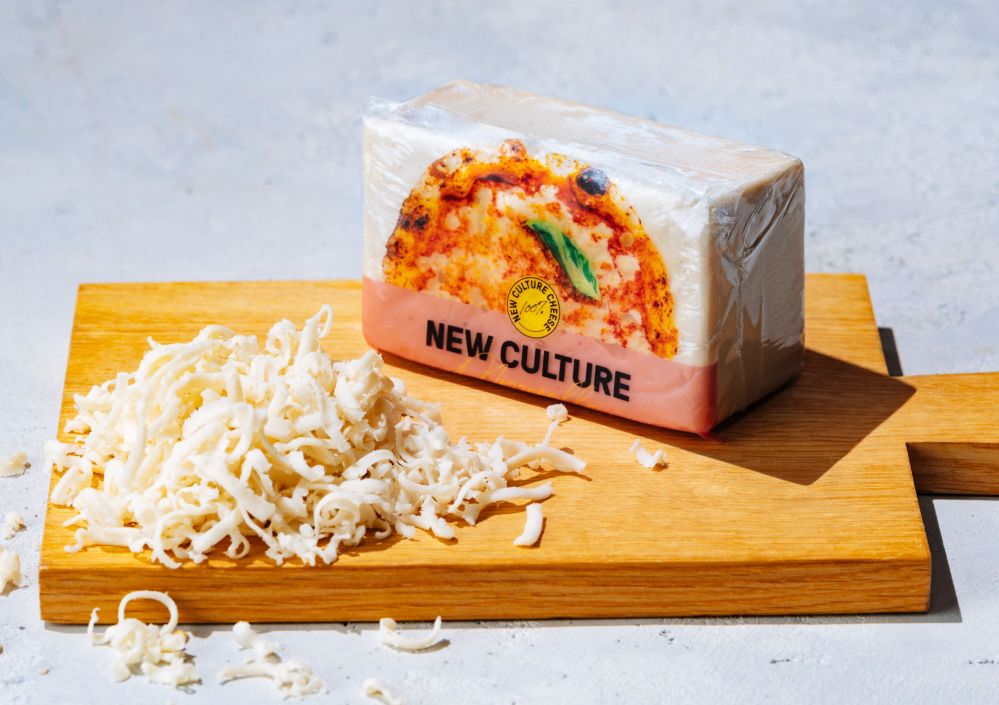New Culture—a startup making casein proteins via precision fermentation to create ‘animal-free’ mozzarella—has announced a strategic partnership with Korean biomanufacturing giant CJ CheilJedang, giving it access to “some of the largest and most sophisticated fermentation facilities on the planet.”
CJ CheilJedang, which invested in New Culture in 2022, is the world’s largest producer of bioproducts made from fermentation, and will help the San Leandro-based startup “unlock commodity pricing” for casein from fermentation without having to invest tens of millions in capex, cofounder and CEO Matt Gibson told AgFunderNews.
“CJ has a range of world-class bioprocess assets in several countries around the world. We are working with them to understand which sites could be the most cost-effective to run New Culture’s process in order to produce our animal-free casein at the lowest price possible.”
While some commentators have questioned the commercial viability of precision fermentation for some ‘commodity’ dairy and egg proteins, Gibson said New Culture had been “able to achieve technical metrics unheard of for animal-free casein and has demonstrated a robust, reproducible and de-risked bioprocess at scale.”
ADM, another investor in New Culture with experience in large-scale industrial fermentation, has also been “a terrific partner for us and is an important part of New Culture’s scale-up journey,” added Gibson.
“The dairy industry is so large though that even if we were to work with both CJ and ADM at their massive commercial scales in parallel, we’d be net margin positive and producing millions of pounds of cheese, but still only scratching the surface of the $9 billion US mozzarella market.”

Cost parity within three years?
New Culture currently works with external partners that produce enough casein to make mozzarella for a few thousand pizzas as it gears up for commercial launch at upmarket pizza chain Pizzeria Mozza in Los Angeles later this year. However, it plans to scale up to make enough mozzarella for 14 million pizzas a year within three years at cost parity with conventional mozzarella, which is where CJ and ADM will come in, said Gibson.
Gibson has not disclosed which casein proteins New Culture is producing via fermentation (there are four casein proteins in dairy milk: αs1-casein, αs2-casein, β-casein, and κ-casein), but said the company had secured self-GRAS (Generally Recognized as Safe) status in February. It is now proceeding through the GRAS process with the expectation of obtaining a ‘no questions’ letter from the US Food and Drug Administration (FDA), he said.
The go-to-market strategy
New Culture is building a consumer brand and will be selling its branded cheese, starting with animal-free mozzarella, to pizzerias, explained Gibson. “Our customers are foodservice operators, who in turn will put our branded cheese onto menu items and sell those items to their restaurant guests.
“We are going down this path for a wide range of reasons including margin opportunity, control over go-to-market levers, brand impact on company value, and an ability to focus our team and budget. Though we’ll eventually enter retail and casein ingredient sales, to start we’ll be selling our cheese through the foodservice channel.”
CJ CheilJedang, which owns US frozen food giant Schwan’s (maker of Red Baron pizza) could also help New Culture refine its go-to-market strategy, he added.
“As we look ahead to commercialization, there are a range of paths we could be interested in pursuing with CJ. For instance, the opportunity to work with Schwan’s, for pizza or otherwise, could be quite attractive to us.”
Scaling up biomanufacturing
Speaking at a panel debate about scaling up biomanufacturing during last week’s SynBioBeta conference in San Jose, Gibson said startups in the precision fermentation space needed to “convince investors that the technical risk is low and the market opportunity is super-high.”
He added: “As a precision fermentation startup, you have to make your business model work with a CMO [contract manufacturing organization] and with that CMO margin, because whether you like it or not, you’re going to spend a lot of time with CMOS. You have to develop and optimize your process before you can think about building your own facility or working with a strategic.
“If you go straight into your own facility, a lot can go wrong. And there’s definitely not as much willingness from venture capital to use capital to put steel into the ground.”

Animal-free dairy
There is no formal definition of ‘animal-free’ dairy, but it typically refers to products made with whey, casein, or dairy fats that are produced without cows, either via genetically engineered microbes that feed on sugars in fermentation tanks; or via genetically engineered crops such as soybeans.
Making ‘real’ dairy ingredients without cows, argue evangelists, offers the best of both worlds: the nutrition and functionality of dairy ingredients without the ethical and environmental drawbacks of industrialized animal agriculture.






